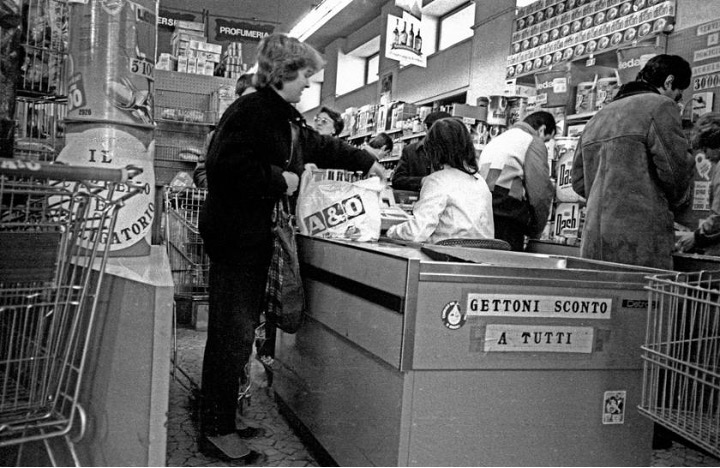Plastic shopping bags have become ubiquitous in retail stores and supermarkets worldwide over the past several decades, effectively replacing paper and reusable bags. However, plastic bags have also become controversial due to the environmental problems caused by their widespread use and difficulty to recycle. What began as a cheap and convenient innovation is now blamed for excessive plastic waste polluting landscapes and harming wildlife. To understand how we arrived at this point, it helps to look at the timeline of key developments in the history of the plastic shopping bag, from its introduction in the 1960s to the backlash against single-use plastic that has emerged recently.
The timeline of the history of the plastic shopping bag
1960s – The first plastic shopping bags are introduced. Made of thicker polyethylene plastic, they are touted as cheap, strong and convenient alternatives to paper bags.
1970s – Plastic shopping bags quickly become the norm as stores swap out paper bags. Their low cost, lightweight design, and ability to hold more weight make them very popular with retailers and customers.
1980s – Lighter and thinner plastic bags are developed using linear low density polyethylene. This leads to even lower production costs and higher consumption of plastic bags.
1990s – Concerns emerge about the environmental impact of plastic bags. Issues like plastic bag litter, impacts on wildlife and difficulty recycling plastic bags begin to be discussed.
2000s – Some cities and countries begin implementing plastic bag bans, fees or taxes in an attempt to reduce plastic bag consumption and waste. Reusable bags made from materials like cloth and vinyl also become more widely available and used.
2010s – More and more cities and countries enact plastic bag restrictions. Major retailers also begin phasing out free plastic bags and encouraging reusable options. However plastic bags remain ubiquitous in many areas.
Today – Plastic bag backlash has grown significantly, fueled by images of pollution and harm to wildlife. Studies highlight the environmental impacts of plastic bags, but they remain difficult to eliminate completely due to their convenience and low cost. Efforts continue to make plastic bags recyclable and biodegradable.
Extensive worldwide usage of plastic bag
Plastic bags became popular because they were cheap, convenient and could hold more weight than paper bags. They cost retailers around 1 cent each to produce compared to 5 cents for paper bags.
It is estimated that over 1 trillion plastic bags are consumed worldwide every year. They are used for an average of only 12 minutes before being discarded.
Plastic bags may take years to decompose. If they are not probably disposed and handled, often they will end up as litter that pollutes landscapes, clogs storm drains and waterways, and harms wildlife when ingested.
Plastic bag bans and fees have been shown to effectively reduce consumption by around 80% when implemented. However, plastic bags’ alternative like paper bag, non-woven bag and other reusable bags have their own environmental impacts and legacies. Indeed, due to the relatively huge (as compared to plastic bag) materials and energy required to produce paper bag, non-woven bag or other reusable bags and packagings, some opinions argue that it is only a matter of when and how the pollution happened amongst those different packaging choices.
Most plastic bags are made from low density polyethylene, a type of plastic that is difficult to recycle. Biodegradable and oxo-degradable plastic bags have been touted as more eco-friendly alternatives. Manufacturers are working on new plastic bag designs that are easier to recycle, including ones made from recycled plastic. Consumer education campaigns have encouraged reuse of plastic bags for other purposes to extend their lifespan, but this has a limited impact on overall plastic bag consumption trends.
Plastic shopping bags have revolutionized the shopping experience over the last 60 years and they have brought undeniable benefits to user and modern world. Yet, because of their ease of production and usage and cheap price, their extensive use have resulted in significant environmental impacts if being not disposed properly. Their impact on environment have drawn attention in the public and caused a strong backlash and efforts to reduce and eliminate their use through regulations, fees and consumer education. It is time that the plastic packaging industry must somehow drive in more and more efforts to reinvent plastic shopping bags in order to reduce its environmental impact.
